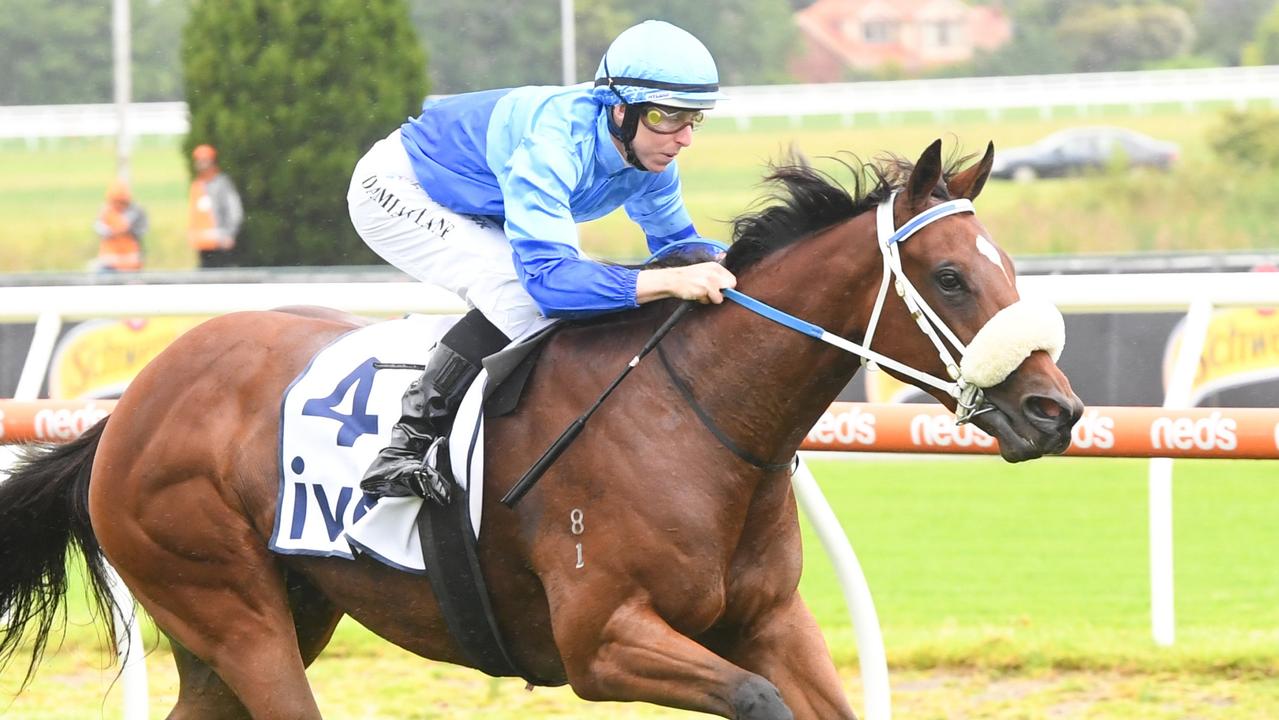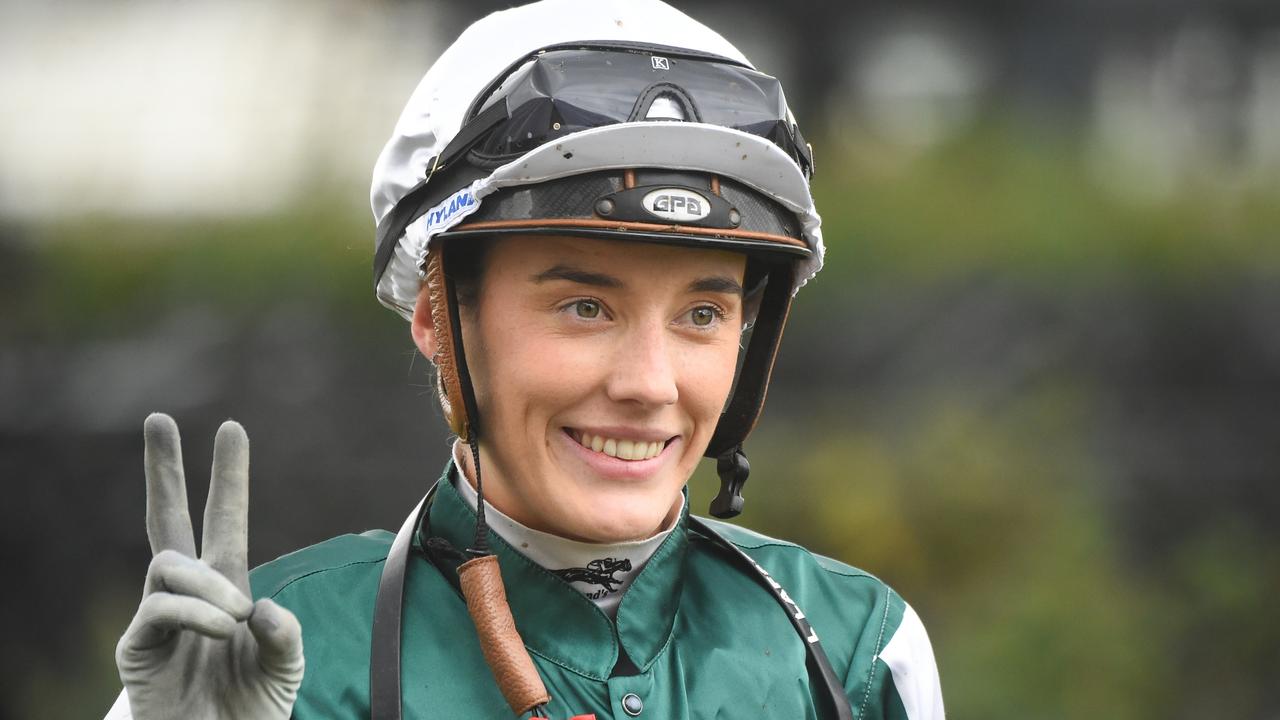Lee Freedman: Racing deaths require a concerted effort by whole industry to improve safety
EXCLUSIVE COLUMN: Forget the Cups and the Cox Plate, there is a human disaster evolving in Australian racing, says Lee Freedman.
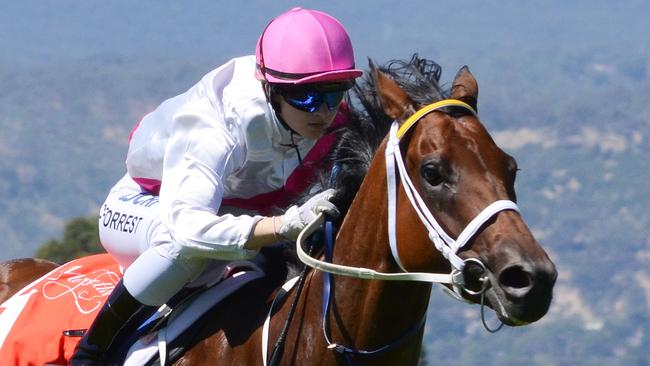
FORGET the Cups and the Cox Plate, there is a human disaster evolving in Australian racing. The deaths of Simone Montgomerie, Desiree Gill, Carly-Mae Pye, Caitlin Forrest and Corey Gilby, two of which in the past few days, must scream to administrators all over this country, that something is very wrong.
In Australia, 315 jockeys have lost their lives since 1840. While the numbers of deaths are nowhere near the 50 that died in the 1930s, every death is one too many. Nine jockeys died in the 1990s and we are already heading to that figure or more this decade — it’s a campaign we are shamefully not winning.
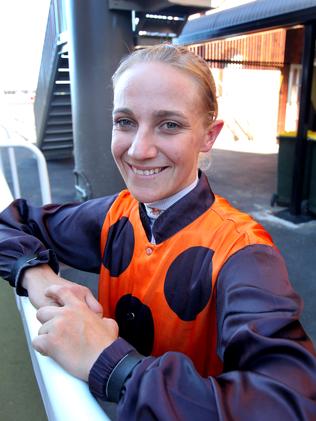
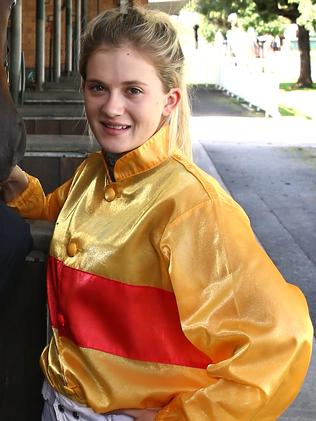
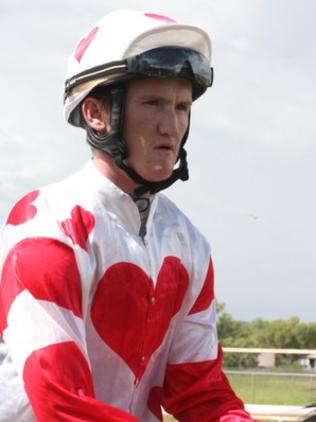
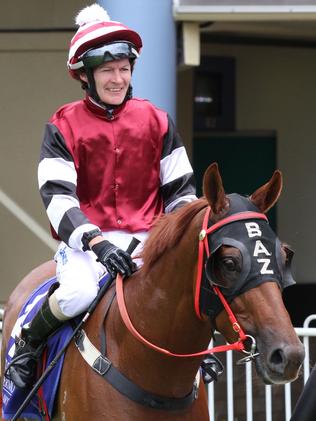
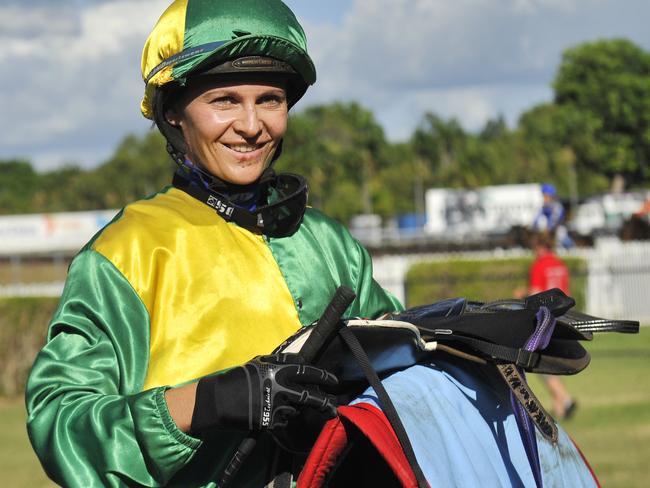
Racing on tight, turning country tracks is only part of a picture that has to change. In our money-driven sport, more and more pressure is put on race clubs to have bigger field sizes. Add that to our recognised tight racing pattern and the picture starts to develop.
Add into that frail humans weighing anywhere from 48kg to 59kg trying to get everything right for 500kg animals travelling at 60kmh, and there’s a toxic brew just waiting to bubble over. When it does, lives are lost or people maimed for life.
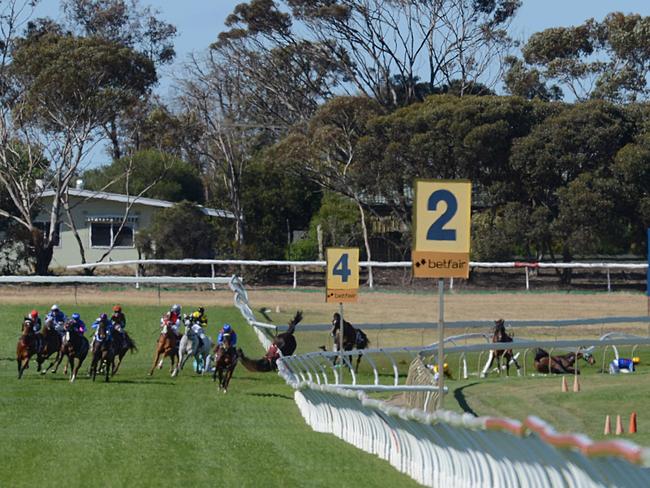
We need drastic change to the system if we are to survive as a sport. The climate of competition between corporate gambling giants is indirectly contributing to the problem. We are constantly told we need more racing and big fields to bet on, lest racing fall into a gambling backwater behind Asian and European soccer, cricket and the like.
Race club executives, with the blessing of their boards, and CEOs of peak racing bodies in every state respond to this in fear of losing market share in a gambling-driven sport.
I acknowledge that stewards, who are the ham in the sandwich here, make every effort to keep this sport safe. Rules regarding interference and tightening are firmed up all the time.
Rider safety, in terms of approved vests and helmets and testing for alcohol and other banned substances all are part of the stewards’ armoury.
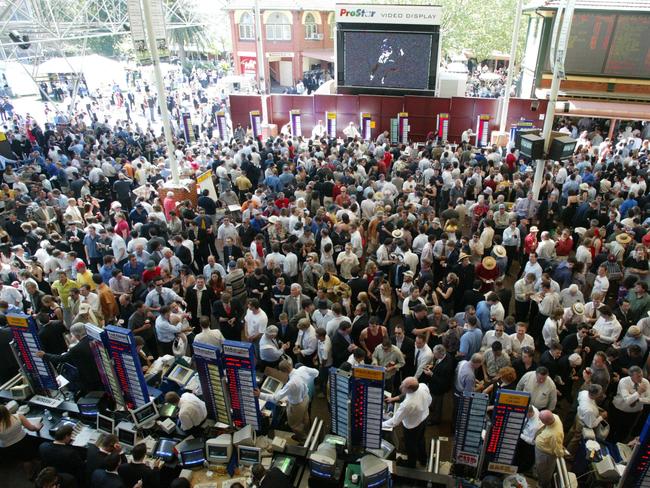
While I’m the first to admit that accidents will happen both at track work and at the races, the fact is we are losing the battle. I’ll be screamed down by many for what I’m about to suggest, but the screamers ought to remember I am highly experienced in this sport, I love the sport, the horses and the people who compete in it.
I’m not some rampant do-gooder with who knows what agenda. I’m one person who thinks we need radical change to save lives.
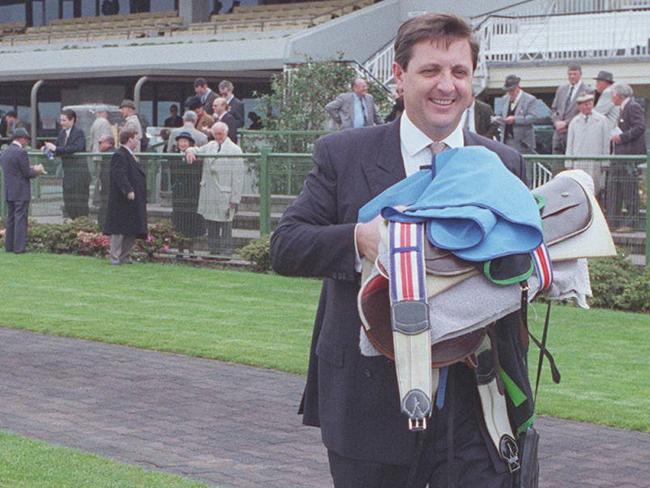
Firstly, field sizes need reducing. We can’t expect racing to be conducted the way it is and not have problems. Remember the people demanding bigger field sizes do so from balance-sheet mentalities. None has ever ridden in a race and faced those dangers.
Secondly, we need riders to be taught to give away the extreme, tight riding. It’s a macho load of rubbish that’s permeated our riding ranks for years and our riders are paying the penalty. People in overseas jurisdictions laugh at it. It’s got to go, and penalties to back up a new way must be absolutely extreme.
Thirdly, every horse should be vetted at the track pre-race. It won’t guarantee total safety, but a system that leaves it up to trainers to decide whether a horse should run is totally flawed — the majority would look after the horse, but trainers, from the biggest to the smallest, are under increasing pressure from owners and the rules get bent.
Finally, an independent body in each state must inspect all training tracks and equipment — everywhere, and harsh penalties imposed for errors. Financial help also needs to be massively lifted to ensure training tracks become as good as they can.
@MunceC connections put extra attention on being in near rail , not going too fast , almost draws us riders to compete with such fine line
— Kerrin McEvoy (@KPMcEvoy) October 15, 2014
@MunceC between right and wrong , stewards can maybe get tougher , I've seen that they are in Vic in recent weeks . Yesterday at caul I saw
— Kerrin McEvoy (@KPMcEvoy) October 15, 2014
@MunceC too much buffeting and interference that should be just completely stamped out , silly stuff it was by a few riders . Stay safe
— Kerrin McEvoy (@KPMcEvoy) October 15, 2014
The inevitable question is: Where’s the money coming from? The answer is, from all of us. Governments must tax racing less; corporate bookies must pay more tax, even if this has to be legislated for; and owners must accept that prizemoney increases may diminish or stagnate.
I’m not trying to stymie competition, but can all of us look in the mirror and say we’ve done everything to try to stop these horrendous crashes? Have we done everything to lessen the maiming and deaths? Better still, go and look in the faces of the children, wives, husbands, partners and parents of these fallen kids and try to explain.
The Australian Jockeys’ Trust does a marvellous job in its support of affected jockeys and their families, but our challenge is to change the way Australian racing does business so the AJT has less and less to do.
Mark my words, parents won’t want kids to be jockeys and modern public opinion will swamp this sport with a tsunami of condemnation that may just wash racing into a very tiny, backwater.
Originally published as Lee Freedman: Racing deaths require a concerted effort by whole industry to improve safety

